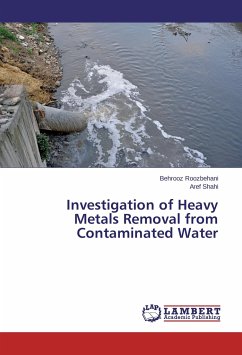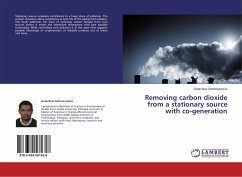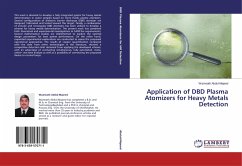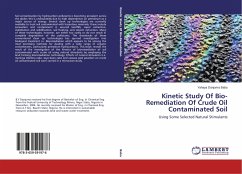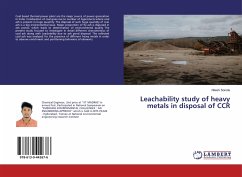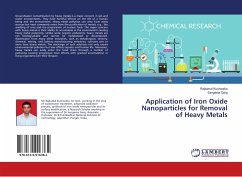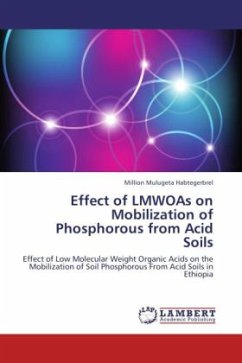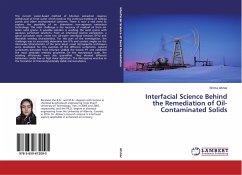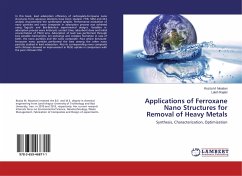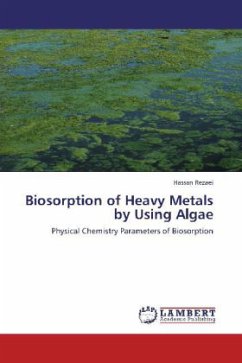
Removing Heavy Metals From Contaminated Soils
A simple method of washing heavy metals out of contaminated soils using common soap
Versandkostenfrei!
Versandfertig in 6-10 Tagen
32,99 €
inkl. MwSt.

PAYBACK Punkte
16 °P sammeln!
Soap can remove water hardness ions (calcium and magnesium) from hard water in the form of insoluble 'lime soaps'. Might it also form heavy metal soaps when added to an aqueous dispersion of contaminated soil? Some researchers have studied the use of soap to remediate wastewaters contaminated with heavy metals, but there has been no work carried out on using it to wash them out of soil. This work shows that by carefully controlling the pH and temperature of the soapy wash water it is possible to form the heavy metal soaps. These soaps are insoluble in water and float to the surface where they ...
Soap can remove water hardness ions (calcium and magnesium) from hard water in the form of insoluble 'lime soaps'. Might it also form heavy metal soaps when added to an aqueous dispersion of contaminated soil? Some researchers have studied the use of soap to remediate wastewaters contaminated with heavy metals, but there has been no work carried out on using it to wash them out of soil. This work shows that by carefully controlling the pH and temperature of the soapy wash water it is possible to form the heavy metal soaps. These soaps are insoluble in water and float to the surface where they can be skimmed off. This therefore provides a new, very simple, cost effective method of remediating soils contaminated with heavy metals. Whilst the results to date hold much promise there is still a significant amount of work that needs to be carried out to optimise the process; this work will hopefully stimulate further research in this important field.





